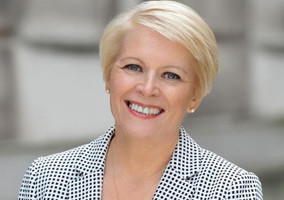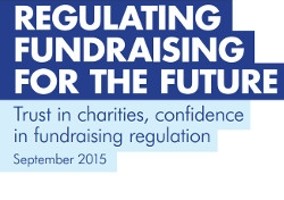As the letters begin to be sent out to charities, Stephen Cotterill and Celina Ribeiro question whether the Fundraising Regulator has really done enough to win over the sector it claims to regulate.
It’s crunch time for the Fundraising Regulator. Four months after it was launched, the regulatory body is now processing complaints (well over 170 at last count) and conducting investigations. All of this costs money, so gathering the levies owed from the nearly 2,000 charities that fall under its many-tiered funding structure is also on the agenda. Without the cash of course, the nascent regulator would come to a grinding halt; its interim execs free from their responsibilities, and the door to statutory regulation open a chink further.
With this in mind, the Regulator started sending out invoices to the top income-generating charities several weeks ago, with a 30-day pay date. We are not being given a blow-by-blow account of how successful this process has been so far, but what it will show – when all the cash is coughed up and the beans counted – is whether the Regulator has convinced the sector of its worth.
Judging by the response to the initial start-up fee, the Regulator’s employees’ salaries should be secure. Almost all of the 50 top charities paid the initial £15,000 set-up fee, albeit some with more enthusiasm than others.
But the levy is an altogether different proposition. For those with a fundraising spend of £50m it’s an annual fee of £15,000, for those with over £20m, it’s £12,000. That’s a regular additional spend to be absorbed by budgets nationwide every year. Not significant amounts perhaps for the sector’s big earners, so it is more than likely they will ante up and pay the fee.
The problems, however, may occur at the lower ends of the spectrum, where the sliding scale impacts the shallower pockets of the smaller charities. Percentage-wise, a higher amount of income will have to be siphoned off to feed the Regulator’s demands. But it’s not really about the money. It’s more about the number. Smaller charities, which do not practice large-volume fundraising, direct mail, face-to-face or telephone fundraising may feel they are being financially penalised for crimes they did not commit. They may not see the need or value of the Regulator and therefore may not see the point of paying the levy.
What will be interesting to see, as the payment dates come and go, is how many of these organisations have been won over by the Fundraising Regulator’s rhetoric and are willing to pay up.
@stevejcotterill @Celina_Ribeiro_
Related Articles












